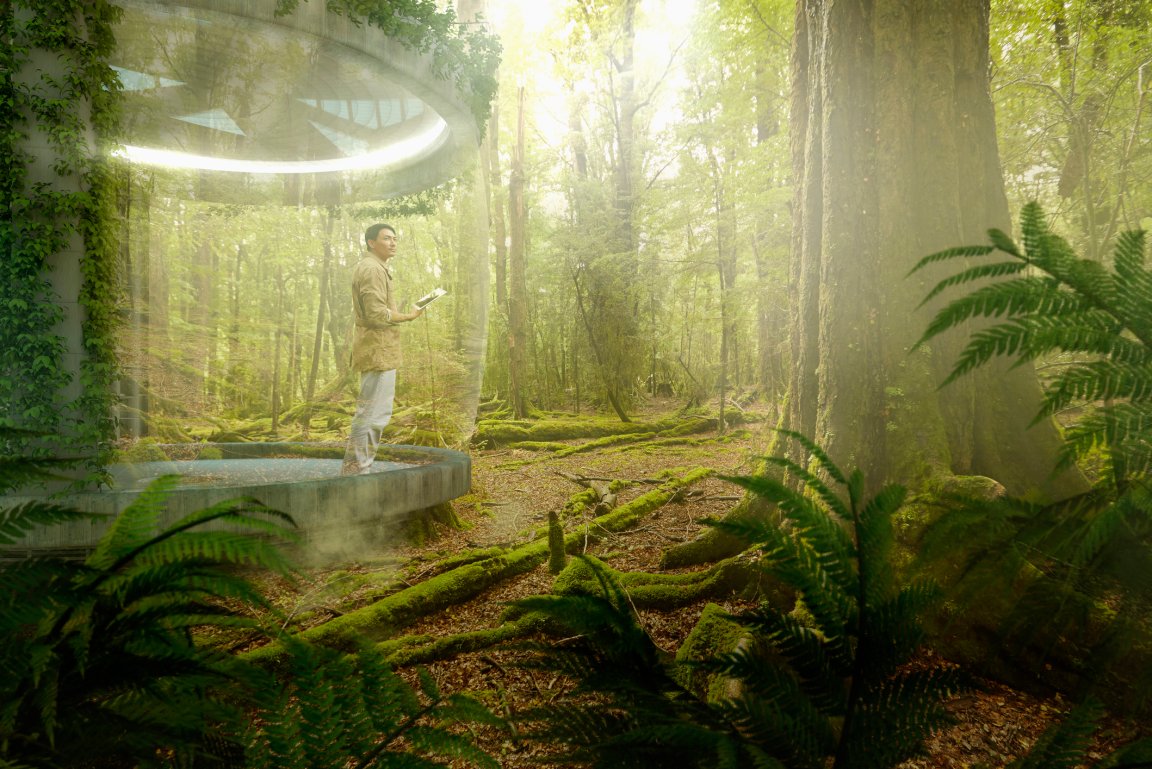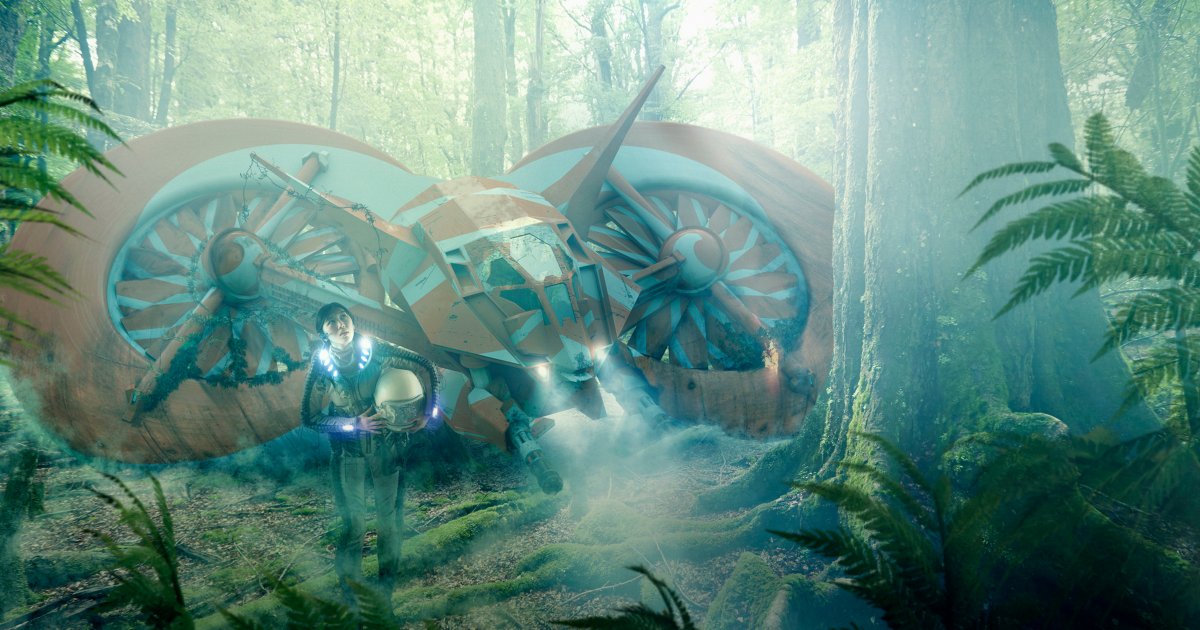
We live in an age in which fact can seem stranger than fiction. From the climate to finance to our political systems, it feels like we’re at an inflection point in history where truly anything could happen. Nothing seems harder to predict than the future.
Maybe that’s why dystopian narratives have become so popular. We’re hooked on shows like West World, The Handmaid’s Tale, and Black Mirror. Several studies have found that millennials — a demographic that will make up nearly half the workforce by 2020, and the primary audience for shows like Black Mirror — are one of the most cynical generations in modern history.
It makes sense. Dystopian shows can help us work through possible (or even plausible) realities. “Writing dystopias and utopias is a way of asking readers: where do you want to live?” Margaret Atwood said at the 2018 Women in the World Summit.
But cynicism and distrust can be damaging, too. Feeling like the nail is already in our proverbial collective coffin can discourage people who might be able to fix society’s ills.
This is all addressed in the final episode of Glimpse, a new original sci-fi series from Futurism Studios (a division of Futurism LLC) and DUST. Watch the episode below.
Indeed, these dystopian tales are only half the story. The technologies that will power the future — artificial intelligence, genome editing, advanced robotics, blockchain — are not innately good or evil. We need people who will use them for good. Our fate, as a civilization, as a species, hasn’t been decided yet. If we’re smart, and if we’re diligent, and if we’re motivated, we can create a happy ending for ourselves.

Utopian fiction plays a role in getting us there. The way dystopian narratives can caution, optimistic ones can inspire. They could bring new uses for technology we already have, and maybe even tools no one has come up with yet.
In fact, optimistic stories played a key role in one of the United States’ biggest achievements. In October 1951, at the dawn of the space race, the United States held the First Symposium on Space Flight. The event, held at American Museum of Natural History’s Hayden Planetarium in New York City, was “one of the keys in introducing the U.S. public to the idea that human space flight was a serious possibility,” according to NASA. There were speakers and journalists in attendance, and major media outlets like Collier’s Magazine and Disney created educational materials (as well as science fiction stories) that walked through hypotheticals about how humans would survive and thrive outside Earth’s atmosphere. When President John F. Kennedy Jr made has famous Moonshot speech a decade later, the public was already comfortable with the idea of putting a man on the Moon, setting the stage for the once-incomprehensible Apollo 11 mission in 1969.
The way dystopian narratives can caution, optimistic ones can inspire.
Utopian fiction could do the same for today’s moonshots. We want to believe that we can break down barriers, cure persistent diseases, stop the planet from warming, visit new worlds. We just need to be convinced it’s possible.
This is driving force behind Glimpse, Futurism Studios’ first-ever science fiction series. Over the course of eight episodes, we sought to tell positive and engaging stories about the world of tomorrow. We grew babies outside the body, and turned ourselves into cyborgs. We brought back the wooly mammoth, and made language barriers a thing of the past. We created immortal best friends, and broke the hold of VR. We finally even saw augmented reality reach its full potential (it was about darn time).
These episodes may be fiction, but they’re a small insight into the kind of world researchers and innovators are making just a little more possible every day. None of them depict a perfect world, but none are totally far-fetched, either. Utopian fiction isn’t marked by the absence of conflict, but the resolution of it.
So fiction — of the dystopian and optimistic varieties — both have their value. Dystopian stories can be a powerful motivator for societies headed down the wrong path to right themselves. In the same way, utopian fiction illuminates a possible right way forward — the ones that lead to the kind of society we all wanted in the first place.